Here are 12 Interesting Facts About Athens.
During the Nazi Occupation, the Archbishop Damaskinos of Athens spoke out about the deportation of the Jewish population in Greece. When threatened by the Nazis to be executed by firing squad, he sarcastically responded with a request to be hung instead as it was “tradition”.
With only 324 households declaring ownership of a swimming pool on their tax form and fearing tax evasion, Greek authorities turned to satellite imagery for further investigation of Athens’ northern suburbs. They discovered a total of 16,974 swimming pools.
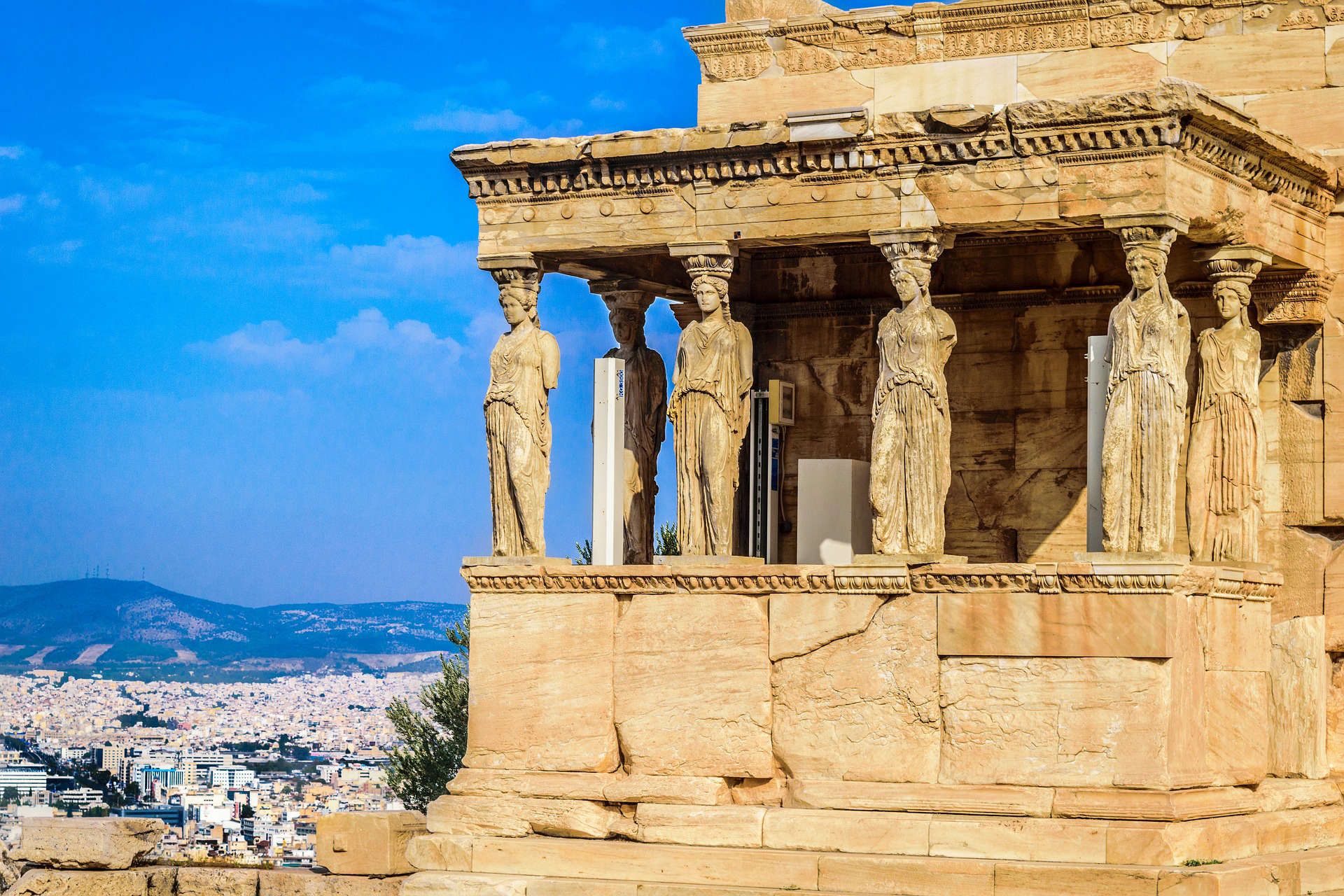
Draco was the Ancient Greek legislator who wrote the first code of law in Athens. Over time his laws were seen as increasingly harsh and punitive, which is why we say a law is “draconian” when the punishment is too extreme for the crime.
When Nazis invaded Greece, the staff of the Archaeological Museum in Athens buried all statues and artifacts in concrete fortified trenches stretching from the basement. The Nazis found an empty museum. No one gave away the secret.
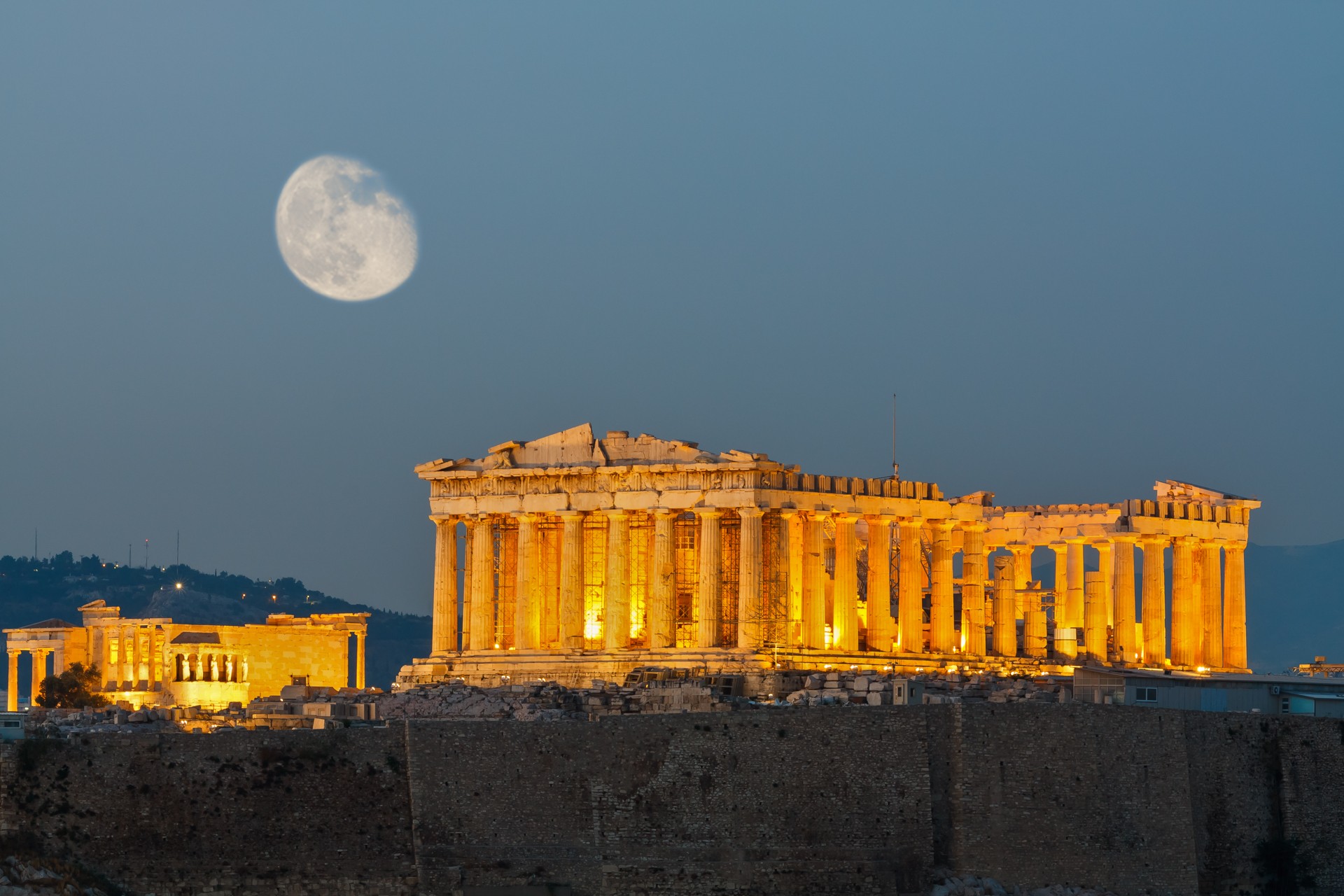
Thucydides of Athens is regarded as the father of scientific history by his masterpiece The History of the Peloponnesian War. The account ends mid-sentence due to his death. After 21 years of recording the events of the war, he still died before the war was finished.
Two homosexual lovers, Harmodius and Aristogeiton, assassinated the king of Athens, Hipparchus, and triggered events that would usher in democracy. They became known as the Tyrannicides, the preeminent symbol of democracy to ancient Athenians.
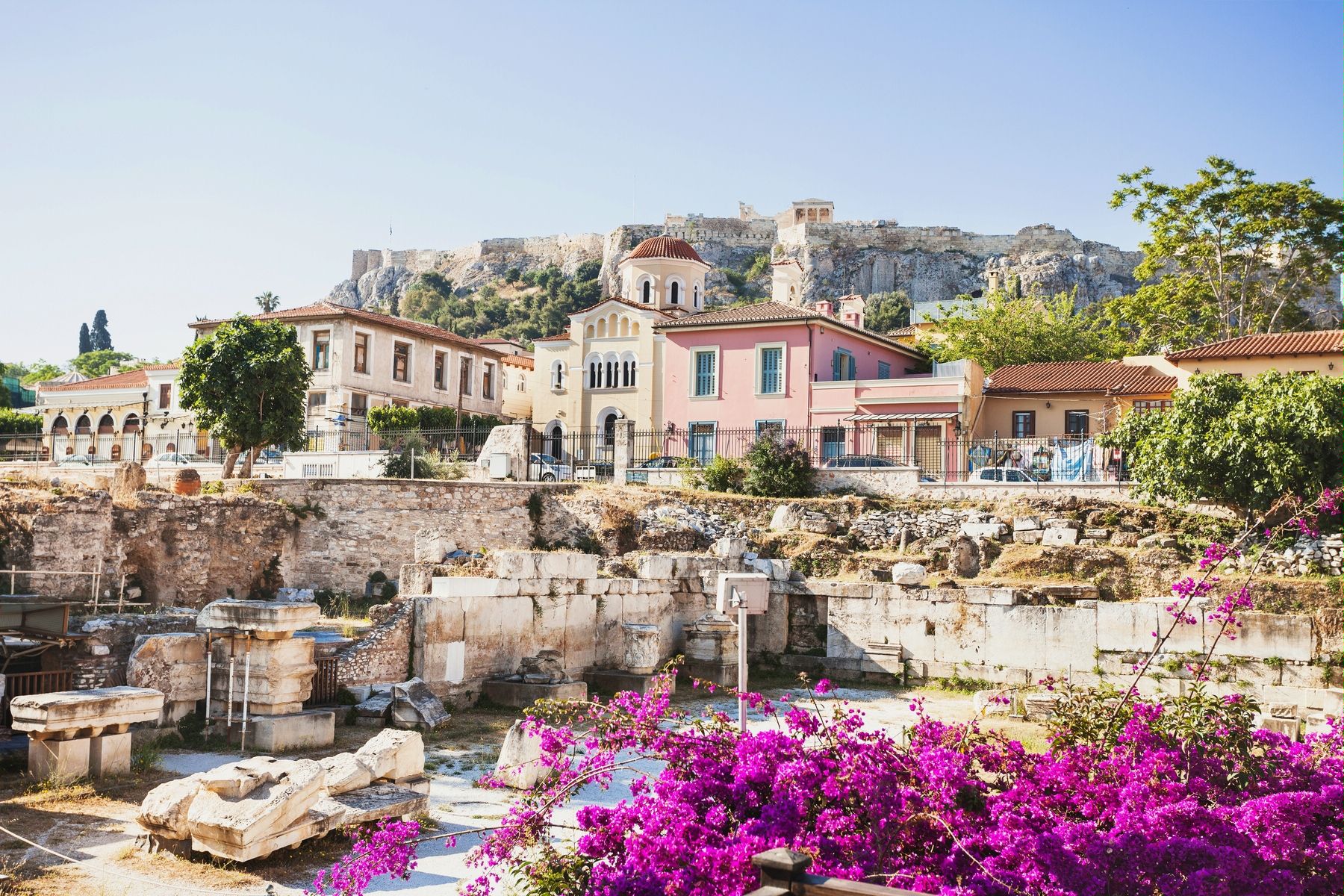
In 400s BCE, Athens would herd citizens into a town hall assembly with red-stained ropes to get them to participate in the local Democracy. There was a fine if they got any red dye on their clothes.
The mayors of Athens and Sparta signed a peace treaty in 1996, 2500 years after the Peloponnesian War ended. The war lasted 27 years (431-404 BC) and the treaty is to make up for the lack of documentation from the time.
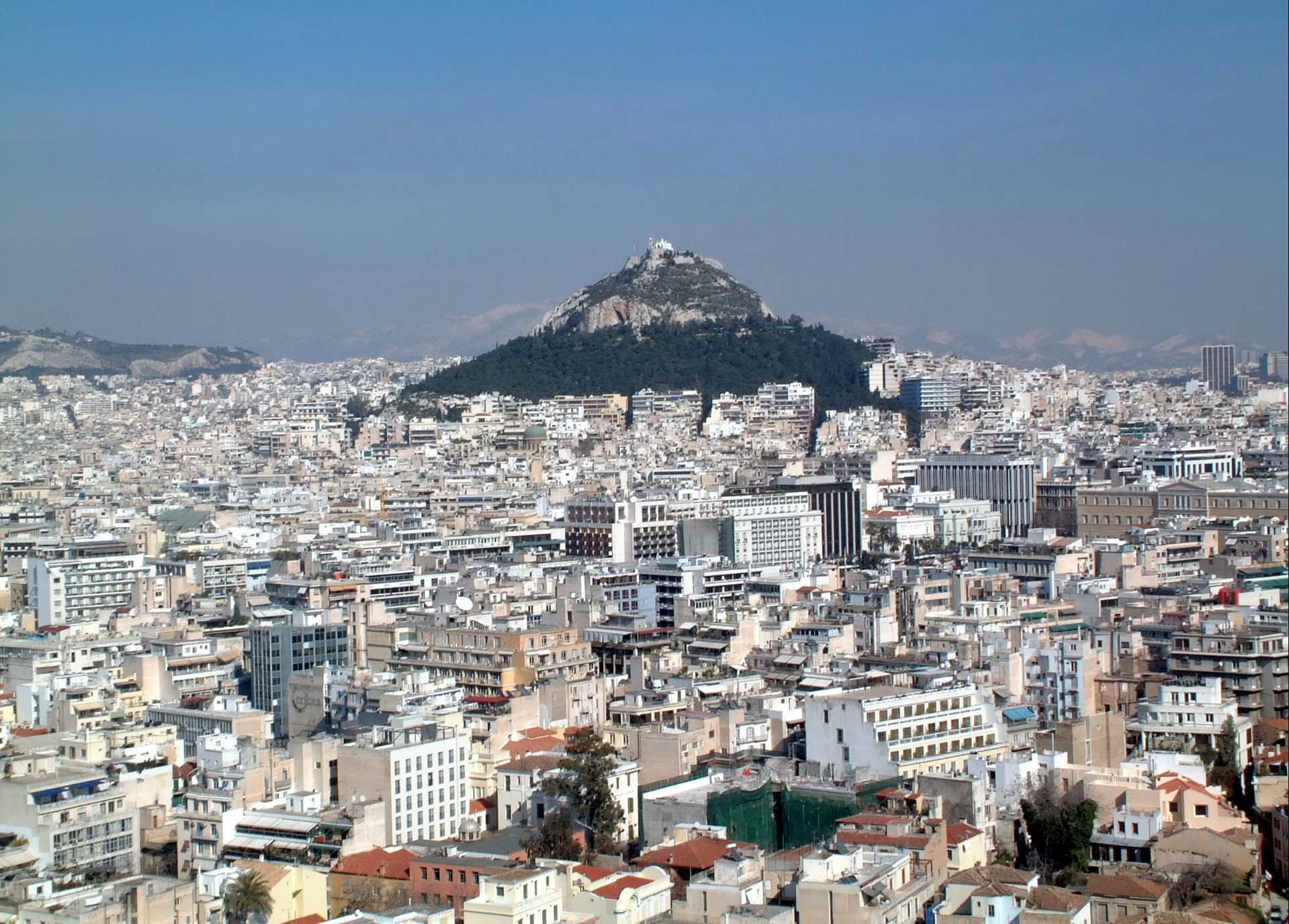
The Greek navy maintains a reconstruction of an ancient Athenian trireme, the HS Olympias. Kept in dry dock in Athens, it is the only ship of its kind in the world.
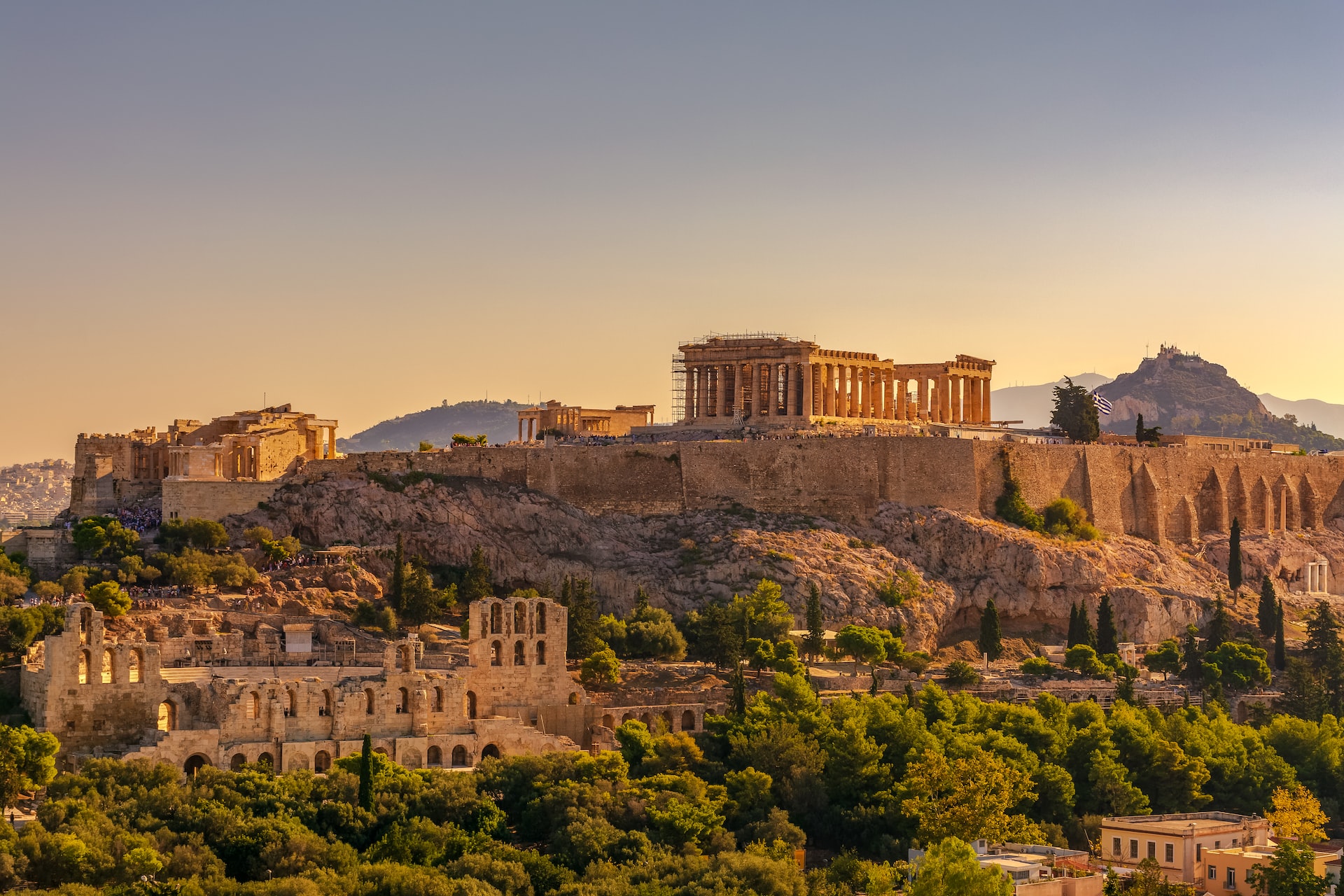
Branches from a 3000-year-old, still living, Greek olive tree were used to weave victors’ wreaths for the winners of the 2004 Athens Olympics and the 2008 Beijing Olympics.
In 400s BCE, Athens would herd citizens into a town hall assembly with red-stained ropes to get them to participate in the local Democracy. There was a fine if they got any red dye on their clothes.
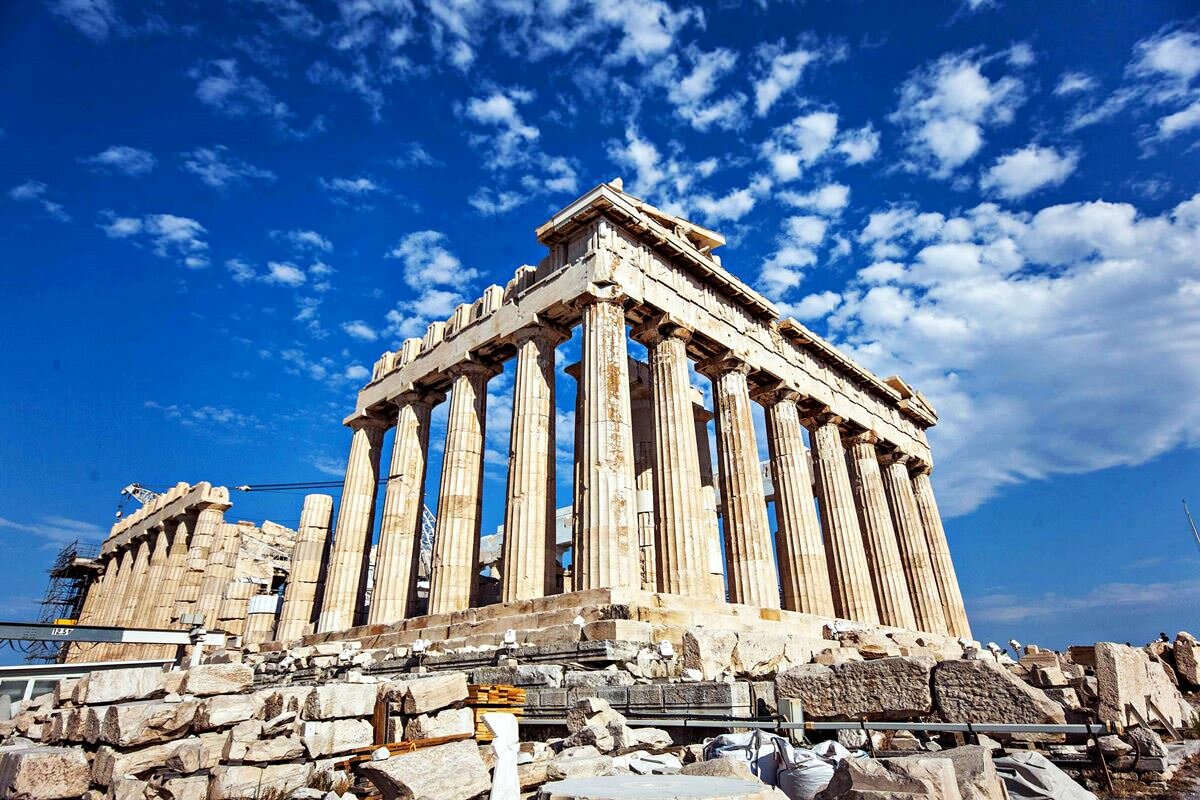
In Classical Athens, the citizens could vote each year to banish any person who was growing too powerful, as a threat to democracy. This process was called Ostracism.
Athens had the largest slave population in the Ancient world with two-to-four-fifths (between 40-80%) of the population as slaves.
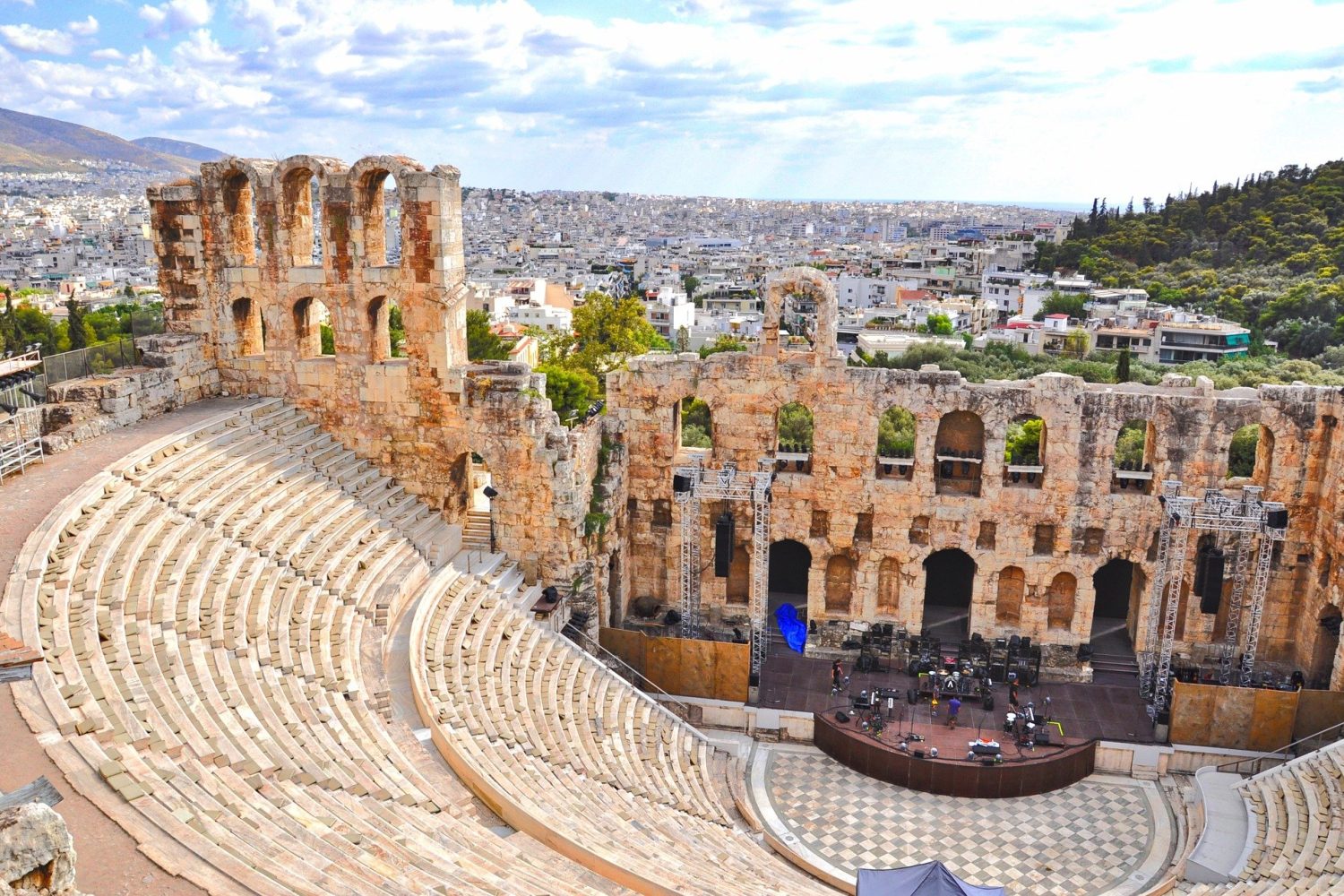




Related Posts
7 Interesting Facts About Running
7 Health Benefits of Laughing
5 Brilliant Facts About Rhinoceros Beetles